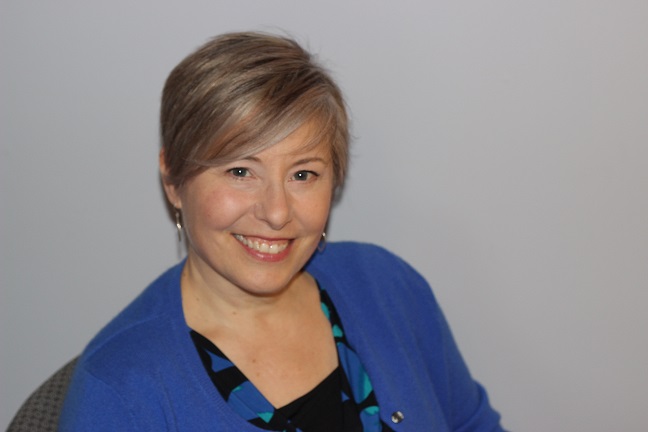
We all know that skilled coaches tailor their approach to each client’s needs, character and preferences. And part of a client’s makeup is also how much they’ve been shaped by the gender norms they grew up with. Although we have to be careful about overgeneralizing, we might be able to make out certain patterns based on gender expectations playing out in our clients’ lives.
Some of women’s traditional gender norms can become even greater strengths in retirement, including building relationships and taking care of themselves and others. Some of men’s traditional views of masculinity, however, might be problematic. Think about John Wayne or Daniel Craig: tough, self-reliant, and in control of their emotions. Those traits don’t leave much room for recognising emotions, admitting a need for help, and relying on others. No wonder there’s discussion and research around some men’s specific struggles with aging: social isolation and loneliness, lack of attention to health issues, and loss of identity.
But plenty of retired men are breaking free of those stereotypes and taking a more balanced approach to life after retirement. One way they’re doing that is through Men’s Sheds, which can help men to connect socially and use their skills to help their communities. Sheds might also offer Retirement Coaches a way to reach new clients.
What Is a Men’s Shed?
The Men’s Sheds movement began about 30 years ago. It taps into the long tradition of men getting together in sheds, garages and workshops to relax, tinker, and escape the demands of daily life.
Today, not everyone has a back garden with a shed anymore, but Men’s Sheds are sprouting up in countries all around the world, including Wales, Denmark, Scotland, Ireland, Finland, UK, US, Canada, New Zealand, and Estonia. The first ones were established in Australia; the first US Shed was in Honolulu, Hawaii.
Today’s Sheds are dedicated, friendly and welcoming meeting places where men can come together and work on a variety of projects and activities. There’s still tinkering and woodworking, and chances to learn or share a skill. But now you might also find a workshop on men’s health, or cooking for one.
The key function they provide is social. As the Irish Men’s Shed association says: “In a men’s shed we always say the greatest tool we have is the kettle, because there’s nothing more powerful than a cup of tea and a chat.”
The Sheds have become places where men can find a sense of meaning and purpose, to make friends, and feel the camaraderie that is sometimes lost when they leave the workplace. Community facilitators and educators are also tapping into the local Sheds as a way to reach men around health and wellness, and to understand what information they need and how they’d like to receive it. In recognition of that, some communities provide government and non-profit funding to support their local Men’s Shed.
The Benefits are Clear
Many members say that their wellbeing and happiness have improved as a result of belonging to a Shed. And research and feedback indicate a host of other benefits as well:
- Reduced social isolation and loneliness
- More feelings of usefulness through sharing skills and contributing to the community
- Increased feelings of capability through learning new skills
- A sense of belonging by spending time with peers with shared values and life experiences
Takeaways for Retirement Coaches
A local Men’s Shed can be a resource to share with your male clients, and possibly with partnered clients whose male companion could benefit. Almost all the Retirement Success Arenas could be positively impacted:
- Leisure and Social/Family and Relationships Arenas: Chances to interact with others and build friendships; peer support where members share common experiences and support one another through life challenges.
- Work and Career Arena: Opportunities in setting up and running a local shed, for organizationally-minded clients who are interested in learning or using those skills.
- Health Arena: The sense of belonging and engagement has a clear positive effect on physical and mental health. Shed activities tend to keep participants moving as well and reduce time spent sitting.
- Personal Fulfillment Arena: On top of the sense of belonging and engagement, opportunities to use and share skills, and to contribute to the community are fulfilling.
A guiding principle in the movement is “Men don’t talk face to face. They talk shoulder to shoulder”. Understanding that (and of course taking into account individual preferences) could influence how we coach them (e.g., the options we help them explore), and possibly how we reach out to potential male clients (e.g., hosting an informal men-only discussion on retirement that includes a panel of currently retired men to share their experiences).
How Can You Find Your Local Shed?
Currently, 1,800 Sheds have registered with the International Men’s Sheds Association, supporting an estimated 100,000 men. They are very well organized, and each country has an association you can contact to find a Shed near you.
Djuna Penn is a Certified Retirement Options Coach and founder of North Star Retirement Coaching, based in Ottawa, Ontario.


